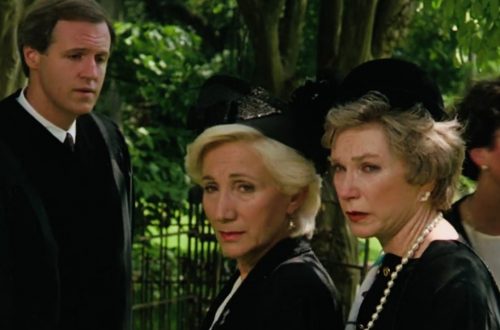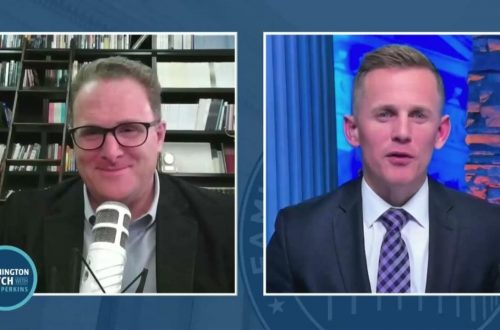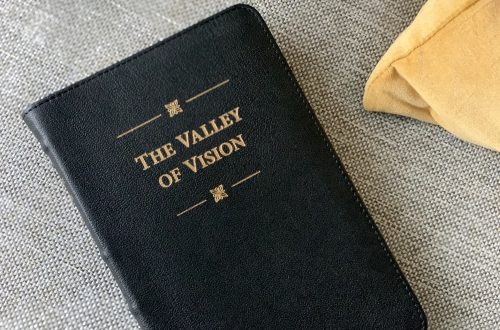“Some brethren get up in our prayer meetings, and say some very good things; but what they really ask for, I am sure I do not know. I have heard prayers of which I have said, when they were over, ‘Well, if God answers that prayer, I have not the least idea of what he will give us.’ It was a very beautiful prayer, and there was a great deal of explanation of doctrine and experience in it; but I do not think that God needs to have doctrine or experience explained to him. The fault about the prayer was, that there was not anything asked for in it. I like, when brethren are praying, that they should be as business-like as a good carpenter at his work. It is of no use to have a hammer with an ivory handle, unless you aim it at the nail you intend to drive in up to the head; and if that is your object, an ordinary hammer will do just as well as a fine one, perhaps better…
“When I pray, I like to go to God just as I go to a banker when I have a cheque to be cashed. I walk in, put the cheque down on the counter, the clerk gives me my money, I take it up, and go about my business. I do not know that I ever stopped in a bank five minutes to talk with the clerks; when I have received my change, I go away and attend to other matters. That is how I like to pray; but there is a way of praying that seems like lounging near the mercy-seat, as though one had no particular reason for being found there. Let it not be so with you, brethren. Plead the promise, believe it, receive the blessing God is ready to give, and go about your business.”
-Charles Haddon Spurgeon, “The Two Guards, Praying and Watching” in The Metropolitan Tabernacle Pulpit Sermons, vol. 38 (London: Passmore & Alabaster), 206-207.




